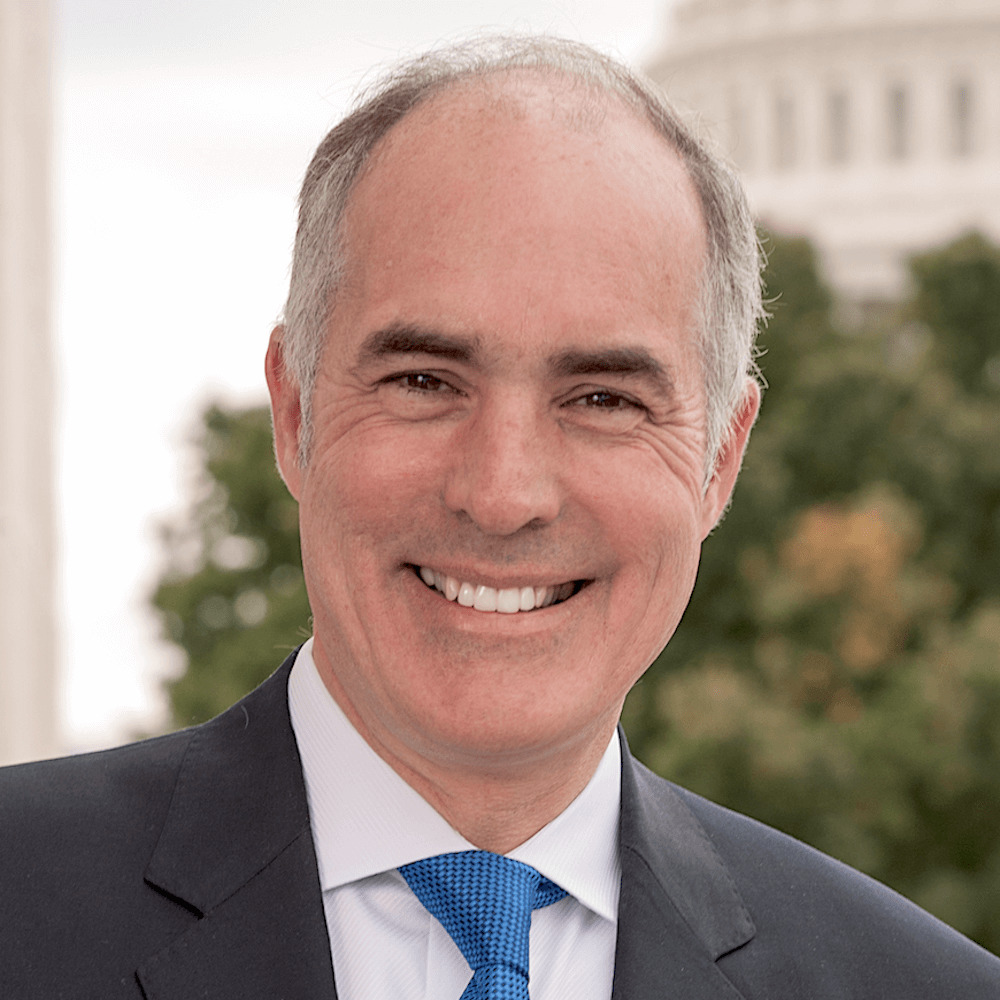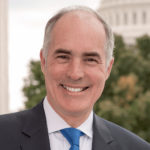
After breaking his neck playing high school football, Theo Braddy became paralyzed from the neck down, and despite strong support from his family, was sent to live in a nursing home at age 15. Unhappy there, his family moved Theo to relatives in Harrisburg, PA, where he lived in a third-floor apartment building, cared for by his siblings. Theo spent much of his time waiting for his brothers to come over and carry him down his stairs and back up again.
Theo says of this time in his life: “I have no way to explain how it feels not to be able to do anything for yourself anymore. I left rehab not even being able to feed myself or able to push my manual wheelchair.”
That’s when home and community-based services changed Theo’s life. Those services, with a personal care attendant who helped him with his daily needs, made it possible to enroll in college, earn a degree and go on to graduate school. As he tells it: “Being provided with attendants gave me back my independence and my ability to live life fully again.”
The growing demand for HCBS
Home and community-based services are essential for millions of families. More than 3.5 million older adults and people with disabilities receive home- and community-based services for help with daily activities such as bathing, going to the bathroom, taking medication and getting to school or work. Though all states provide coverage for some home care services, eligibility and benefit standards vary, leading to significant gaps in access. Some states cap the number of individuals who may receive services. Today, over 820,000 people are on wait lists — some for up to 14 years — unable to get the care they need.
As our nation ages, the demand for these critical services will only grow, and now is the time to expand and support the essential workforce that provides this care. The majority of home care workers are low-income women of color earning poverty wages for backbreaking, essential work. Although these workers often perform life-supporting services, the median wage for their work is just $12 per hour and, sadly, many such workers lack essential benefits, like paid sick leave. For the millions of families who cannot access the care they need or who cannot find workers to hire, the work of caregiving falls to families. It’s become commonplace for family members, who are nearly always women, to forgo wages, promotions or leave work altogether to care for a person they love.
This is unacceptable. It’s unacceptable that any senior or person with a disability sits on a wait list — going without the essential services they need. It’s unacceptable that Black and Brown women doing this heroic work are living in poverty. And it’s unacceptable that millions of family caregivers are forced to sacrifice their own well-being and financial security to care for the people they love.
An overdue investment
A federal investment in home and community-based services is long overdue, which is why I introduced the Better Care Better Jobs Act, S. 2210, alongside 39 senators. This legislation will benefit 3.2 million more seniors and people with disabilities who wish to live in their own homes. It will create more than a half a million new home care jobs and ensure the workforce is fairly compensated, reducing turnover and position vacancies. And it will make it possible for more than 1.1 million family caregivers to return to or find work. We can’t claim to be the greatest country in the world when we leave behind seniors and people with disabilities and neglect the essential workforce that cares for them.
This historic bill is an investment in a great American idea — the idea that we are going to take care of people in a manner consistent with our values. It’s an investment in good-paying, family-sustaining jobs. And it’s about getting people back to work. For millions of people, their bridge to work might be a physical road or a bridge that needs repair. But for many millions more, and especially for women, their bridge to work is having quality, affordable child care, care at home for their aging parent or services for a child with a disability. We have to make that bridge available to them.
Theo called home and community-based services “the great equalizer.” I agree. Access to essential care or the opportunity to earn a family-sustaining wage can transform lives. If we want to Build Back Better, the better is better caregiving, and we can achieve it through the passage of this important bill.
Sen. Bob Casey (D-PA) is chair of the Senate Special Committee on Aging. The Better Care Better Jobs Act, S. 2210, is now before Congress.
This article originally appeared on McKnight's Senior Living



